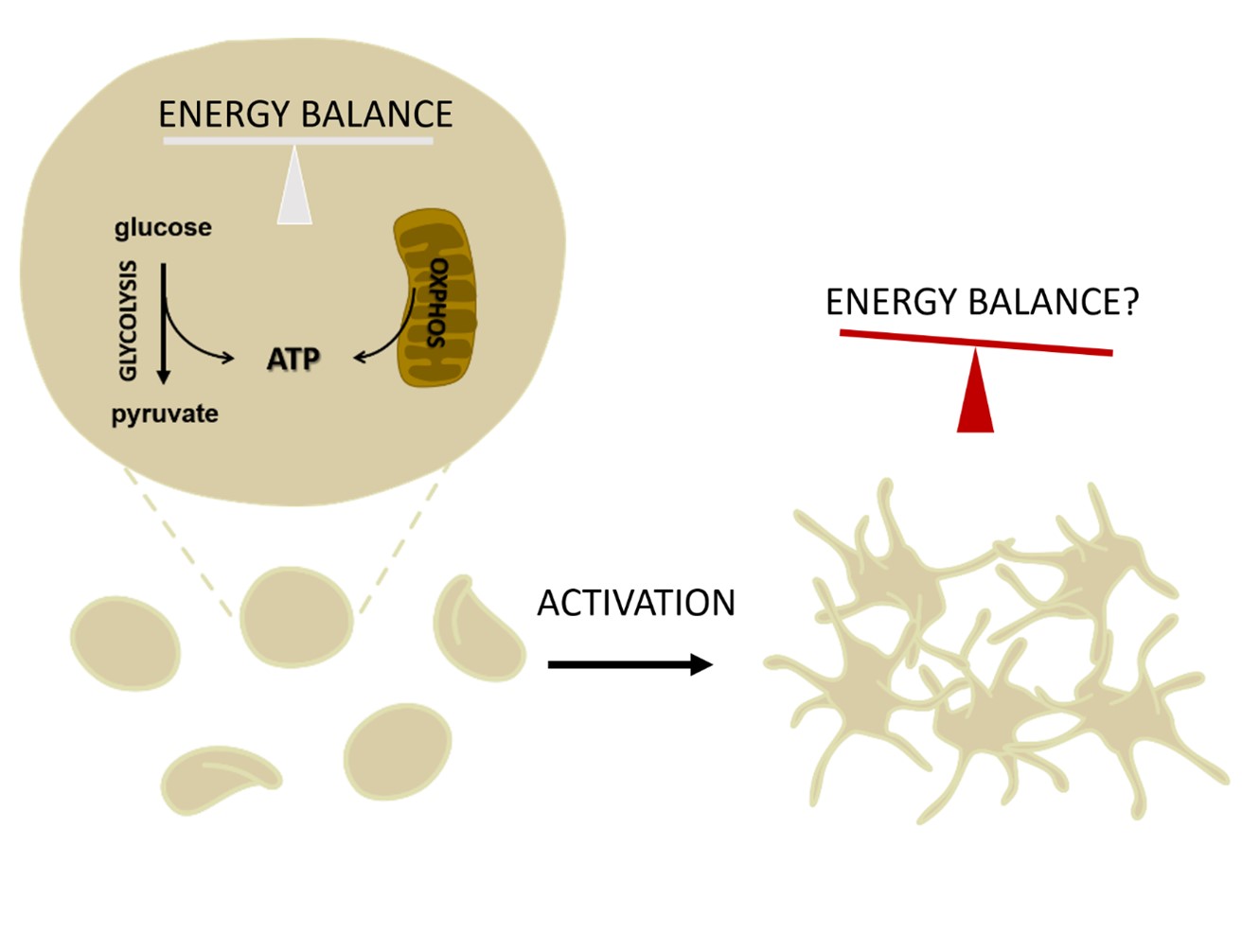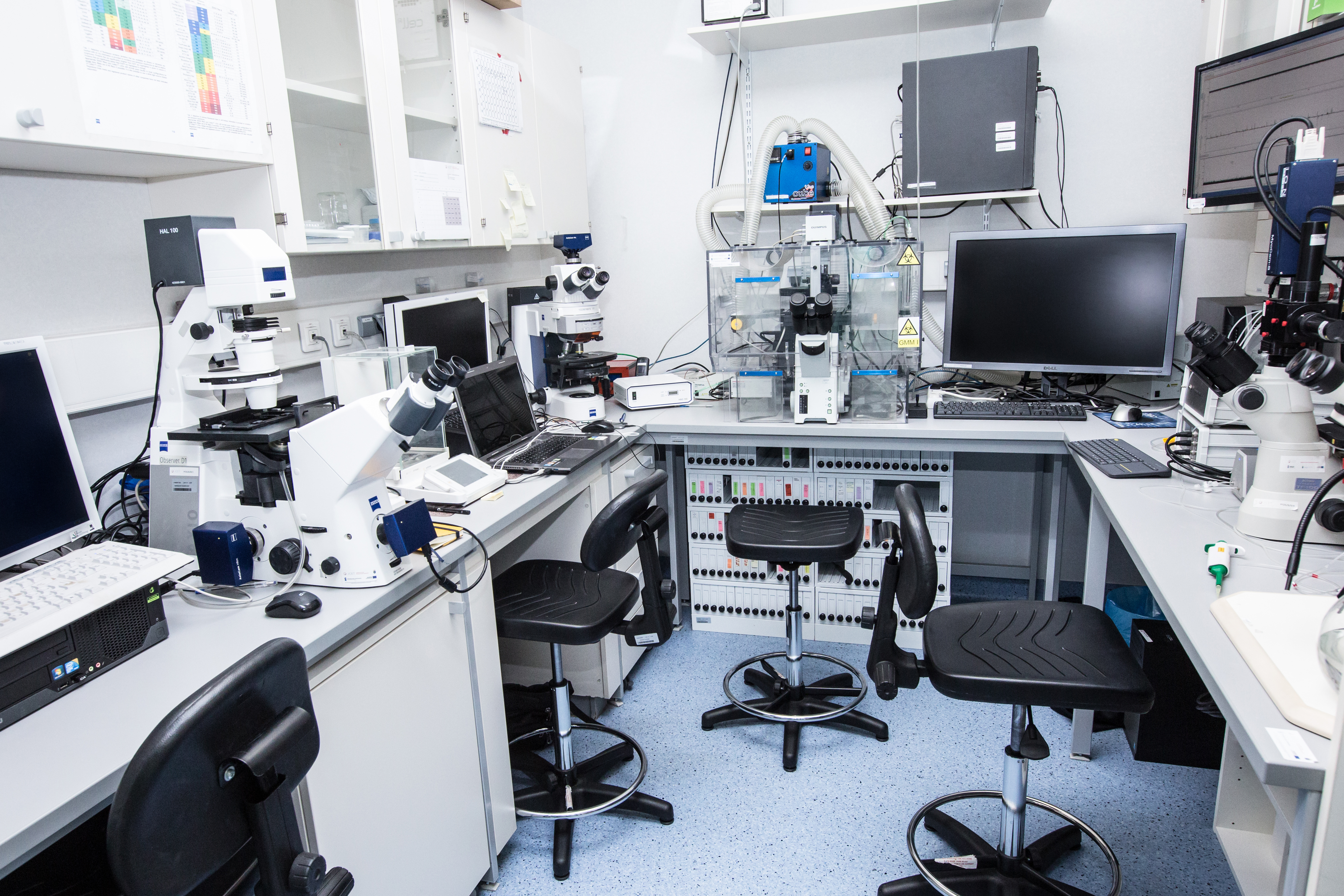Konwersatoria odbywają się o godz. 16:30 poprzez aplikację Webex (recording, privacy) i prowadzone są w języku angielskim.
Aby otrzymywać informacje o comiesięcznych konwersatoriach zarejestruj się pod linkiem.
Kontakt:
Maksymilian Szymczak
 Widok zawartości stron
Widok zawartości stron
Widok zawartości stron
Widok zawartości stron
 Widok zawartości stron
Widok zawartości stron
Widok zawartości stron
Widok zawartości stron
 Widok zawartości stron
Widok zawartości stron
Widok zawartości stron
Widok zawartości stron
Konwersatoria odbywają się o godz. 16:30 poprzez aplikację Webex (recording, privacy) i prowadzone są w języku angielskim.
Aby otrzymywać informacje o comiesięcznych konwersatoriach zarejestruj się pod linkiem.
Kontakt:
Maksymilian Szymczak
 Widok zawartości stron
Widok zawartości stron
Widok zawartości stron
Widok zawartości stron

Thrombosis, which is associated with various cardiovascular diseases, is one of the leading clinical concerns associated with high morbidity and mortality. Importantly, blood platelets in patients with metabolic diseases often exhibit hyperreactivity, leading to an increased risk of cardiovascular events related to thrombosis. Platelet aggregation is an energy-demanding process that can be supported by ATP provided by both glycolysis and mitochondrial respiration (Kaczara et al., ATVB 2020; https://doi.org/10.1161/ATVBAHA.120.314284). Under healthy conditions, glycolysis appears to predominate in ATP delivery over oxidative phosphorylation. In turn, mitochondria emerge as organelles with many important functions related not only to platelet bioenergetics, but also to the functioning of platelets and other types of cells (see, e. g., Levoux et al., Cell Metabolism 2021; https://doi.org/10.1016/j.cmet.2020.12.006). It is known that beyond ATP production, cellular metabolism controls the fate of cells. However, it is not yet clear how the balance between the cytosolic and mitochondrial energy metabolism processes affects the activity of blood platelets.
The central hypothesis of the project is that the imbalance balance between cytoplasmic and mitochondrial energy metabolism processes induces the development of platelet hyperreactivity. The aim of the project is to investigate the role of compartmentalization of bioenergetic processes in platelet energy metabolism and function. Pharmacological modulation of metabolic pathways will be a tool for observing changes at the molecular, organellar and cellular levels by analyzing metabolic fluxes, ROS and calcium signaling, mitochondrial quality control, and platelet function. In turn, exposure of platelets to different metabolic fuels will reveal physiological relevance of the investigated processes, especially with regard to the conditions of metabolic diseases. The results of the project are expected to identify new metabolic targets for the development of innovative antiplatelet therapies that protect against or decrease thrombosis.


